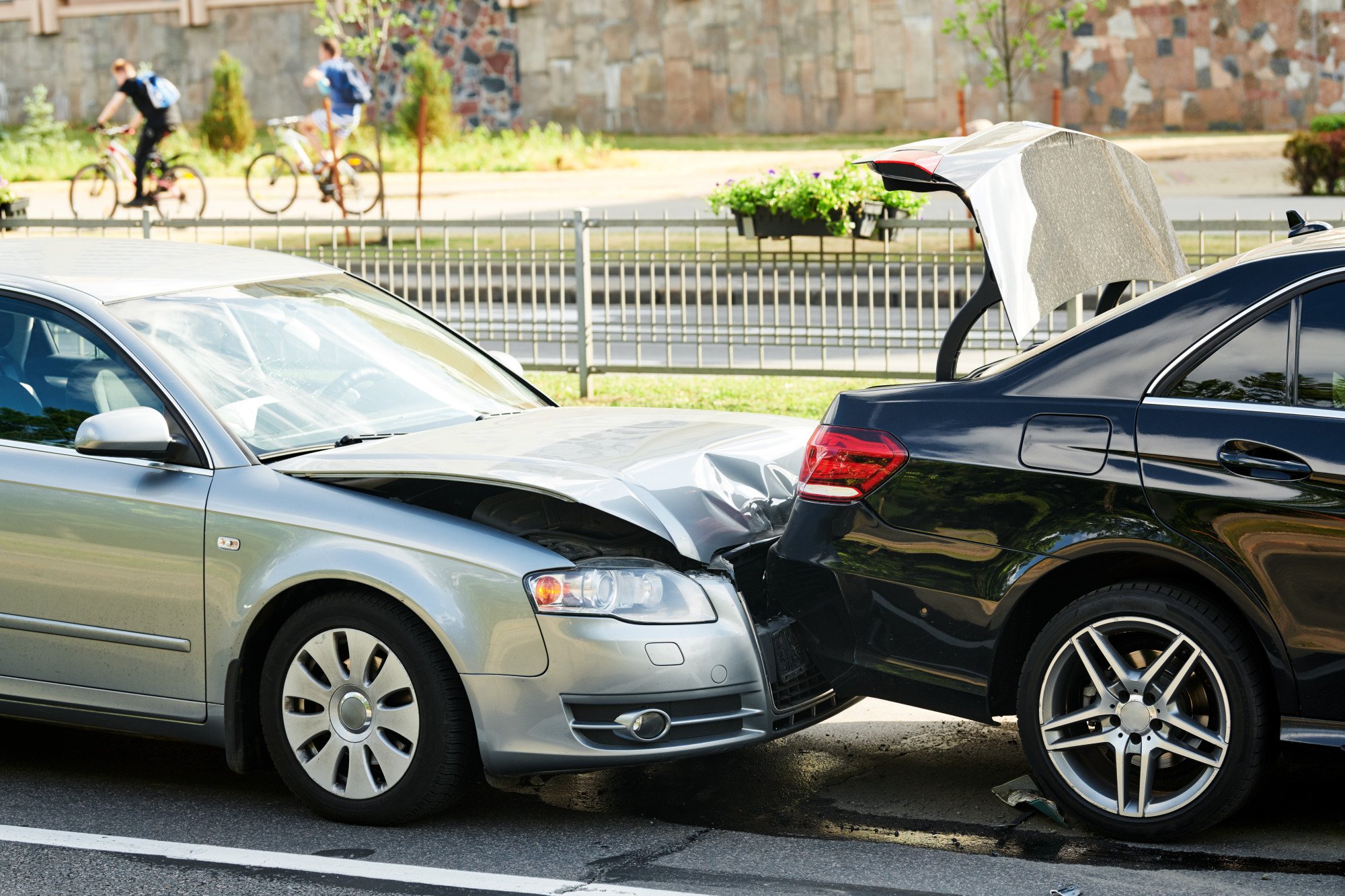Motorcycle riding is an exhilarating experience, but it also comes with its fair share of risks. Fortunately, advancements in technology have provided motorcyclists with a tool that not only enhances their riding experience but also provides additional protection – the helmet camera. This comprehensive guide explores the benefits, legality, and selection of helmet cameras, providing insightful information for all motorcycle riders.
The Role of Helmet Cameras in Legal Cases
Helmet cameras can play a crucial role in motorcycle accident cases. The footage can be used during depositions, settlement negotiations, and trials, providing a clear, objective account of the accident. Of course, you will need the help of a lawyer to make your change of winning it higher. You can visit this website to find more info about hiring a lawyer. It’s important to ensure the footage is preserved correctly and maintains its reliability. Any signs of alteration, deletion, or editing of the footage could negatively impact its admissibility in court.
Why Do You Need a Helmet Camera?
Helmet cameras have become a popular accessory among motorcycle riders for several reasons. They offer a unique perspective of the ride, provide evidence in case of an accident, and can even assist in lowering insurance rates. More importantly, helmet cameras act as an impartial witness, capturing unbiased, objective evidence that can be crucial in settling legal disputes.
A Reliable Witness
Helmet cameras capture video footage of your ride, providing an unbiased and reliable account of incidents on the road. They can record multiple vehicles simultaneously, offering a broader perspective than a human eye can capture. This footage can be invaluable in the aftermath of an accident, as it can refute false claims, inaccurate police reports, and even demonstrate the other party’s negligence.
A Tool for Insurance and Legal Cases
Helmet cameras can significantly benefit motorcyclists during insurance claims or legal disputes. This footage can prove liability, display the severity of the accident, and even show adherence to road rules.
A Potential for Lower Insurance Rates
Some insurance companies offer discounts to riders who use helmet cameras, recognizing the safety benefits they bring. Not only do these cameras provide evidence in case of accidents, but they also demonstrate the rider’s commitment to safety.
The Legality of Helmet Cameras
Helmet cameras are generally legal to use in public spaces, including roads. However, it’s essential to understand that the right to privacy still applies. Filming individuals in situations where they would reasonably expect privacy, such as changing rooms, would be illegal. On the other hand, motorists on public roads do not have this reasonable expectation of privacy.
How to Choose the Right Helmet Camera
There is a wide variety of helmet cameras available on the market, with various features to consider. Your choice should depend on your specific needs and preferences. Here are a few factors to consider:
Quality of Footage
The quality of the video footage is crucial. A good helmet camera should be able to record clear, high-resolution videos in various lighting conditions. Grainy or blurry footage may not be of much use, especially in the event of an accident.
Durability and Weather Resistance
Considering that motorcycle riding exposes you to various weather conditions, it’s essential to choose a durable, weather-resistant camera. This ensures the camera can withstand elements such as rain, wind, and heat.
Storage Capacity
The storage capacity determines how many hours of footage the camera can record. Opt for a camera that can record several hours of footage without requiring frequent data transfers.
Mounting Options
Some cameras are designed to mount on the helmet, while others can be attached to the motorcycle itself. A helmet-mounted camera typically provides a more accurate first-person perspective of the ride.
Conclusion
Helmet cameras have revolutionized the motorcycle riding experience, providing an added layer of protection for riders. Their ability to capture objective, reliable footage of incidents on the road makes them a valuable tool for legal disputes and insurance claims. While choosing the right helmet camera requires careful consideration, the benefits they offer make them a worthwhile investment for every motorcyclist.







